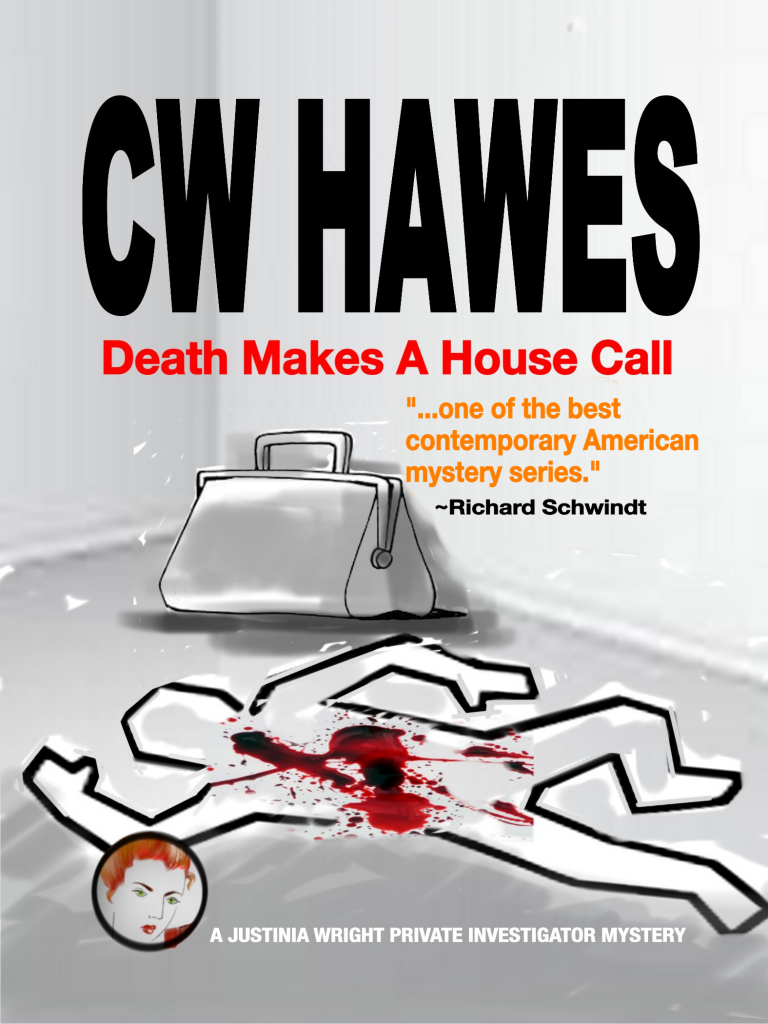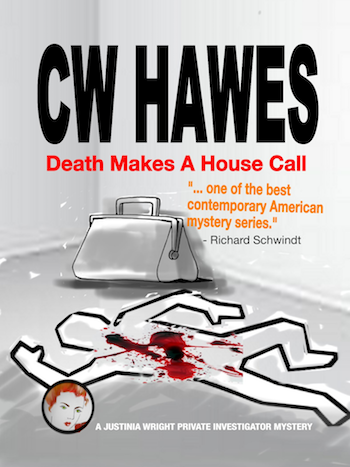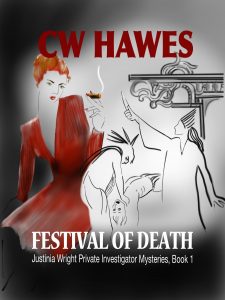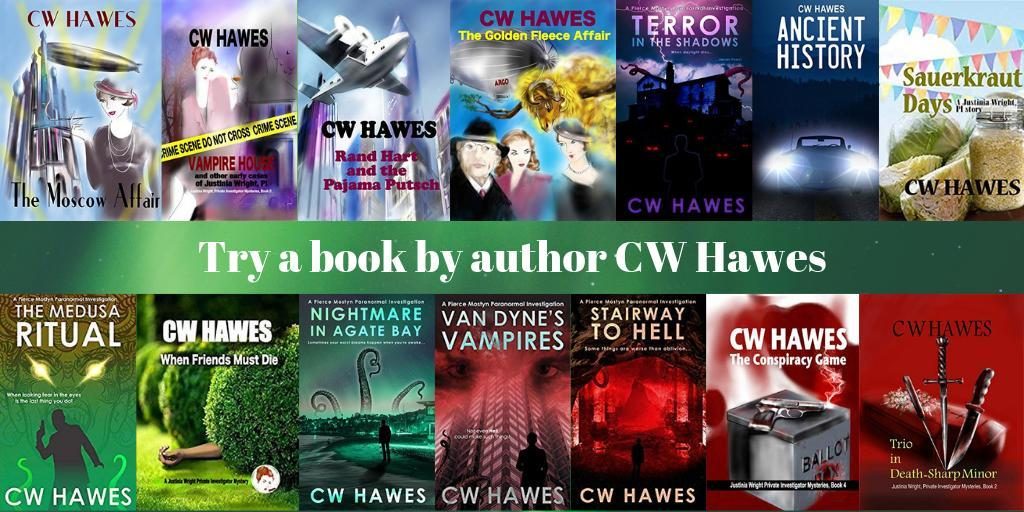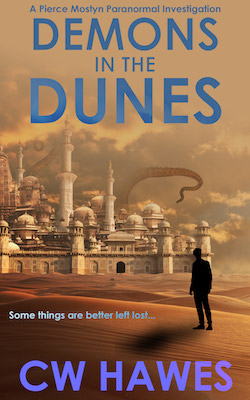
A knowledge and understanding of history gives a person a depth of perception that is noticeably missing from those who are only savvy with current events.
There was a time when men had fiction that catered to them, catered to the things that men find interesting. Today, though, this isn’t so much the case. Yes, a man can find contemporary novels and stories written with a male audience in mind. However, in my experience, they are few and far between.
Some time ago I outlined what Men’s Fiction might contain. I’d like to revisit the concept of Men’s Fiction and why I think it is of vital importance that a BISAC category for Men’s Fiction is created — and soon.
A cursory search of the internet will reveal the concern in the publishing industry over the statistics showing a decline in book buying and reading in the States.
Personally, I’m not convinced the stats portray an accurate picture. As the now defunct Author Earnings website repeatedly demonstrated, book buying is quite healthy.
The reason for the discrepancy lies in the fact that most indie authors don’t use ISBNs, which is how the book industry keeps track of inventory. Thus all those books with no ISBNs are never counted. They are invisible to the bean counters sitting in the treasure rooms of the corporate publishing houses.
What the stats actually reveal is a decline in purchases of traditionally published books.
As for those surveys showing a decline in reading and that men aren’t reading fiction, I’ve previously discussed male reading habits. One of which is that men tend not to be social and demonstrative in their reading. Which means men simply may not be accurately represented in the survey results.
I know men who read, and men who don’t. I know women who read, and women who don’t. I know men and women who never touch fiction. And those who only read fiction.
The simple fact of the matter is that the surveys may not be accurate.
Another factor which is likely to throw a spanner into those stats on book buying are the folks who basically buy used books and only used books. As a case in point, I rarely buy a new book from a corporate publishing house. Yet, I do buy a lot of traditionally published books — virtually all used. New books are just too dang expensive.
In addition, today the frugal book buyer is having a field day with all the free books that are now available on the internet — and I’m talking about the freely available public domain books one can find on Project Gutenberg, Project Gutenberg Australia, Faded Page, and archive.org. As a further case in point, I have downloaded books and magazines by the hundreds from these sites. All for free. After all, I’m retired and living on a fixed income.
Personally, I think reading is alive and well — and I think the male reader is nowhere near needing life support.
However, that doesn’t mean there aren’t problems. Which is why I think the book industry and indie authors need to be careful not to exclude the male half of the population. The book industry and indie authors need to make sure that there is fiction boys and men will actually read, not stuff the industry hopes they’ll read.
Male readers prefer, for the most part, the genres of adventure, humor, horror, and science fiction. They also tend to shy away from books that are focused on relationships (such as romance).
The male reader also has a strong preference for main characters who are men, men he can relate to, and for male writers. This may be due in part to the current stereotype that reading fiction is something only women do. And thus boys especially need the male writer and male main character to avoid being seen as a “sissy”.
Gender issues aside for the moment, if we want boys to read — we writers have to give them something they will actually read. They aren’t going to read books about androgynous main characters. Or books where the main characters are female. They just aren’t. If we want to capture those young male readers, we need to give them boys and men they will respect and we need to give them storylines boys are interested in. It’s as simple as that.
This year I’ve been exploring and reading the fiction of the old pulp magazines. I’ve discovered writers such as H. Bedford-Jones, Talbot Mundy, Erle Stanley Gardner, Max Brand, Seabury Quinn, Alison V. Harding (almost certainly the pen name for Lamont Buchanan), and Hugh B. Cave. I’ve gotten reacquainted with Carl Jacobi, Edgar Rice Burroughs, Frank Belknap Long, and E. Hoffman Price.
The above writers (save for Harding) all made their living from writing fiction — and writing fiction for men. In fact, Blue Book magazine at one point proudly declared that their stories were “for men, by men”. Pretty doggone clear who their audience was!
So what have I gleaned from my reading of pulp era fiction?
The main character is always a man. He’s strong, smart, and very capable. He is a man of good morals, and is polite and considerate, unless unduly provoked. Then he is liable to deck his antagonist. Or he may deal him a witty barb that figuratively knocks him out. The pulp fiction hero is what every man would probably like to be. There are no angst driven heroes in pulp fiction. There are no heroes who are physically or mentally challenged. We’re thinking Jack Reacher types here.
There’s frequently a love interest. The woman is, surprisingly, given all the stereotypes, a strong personality who can go toe to toe with the hero. She is a woman who is strong and capable. A woman the hero can and does admire — that’s why he falls in love with her.
However, men have a need to be a knight in shining armor; a protector of those who are not as physically strong as they are. And they also have a need to pursue their love interest. If the woman is easy to get, then she really isn’t of interest as a mate.
So even though the woman with whom the hero is in love can drink, swear, and dispatch a dozen bad guys, she will need to be pursued and at some point she will need rescuing. And rescue her he will. The rescue is the ultimate display of his love for her and also proves to her she wasn’t wrong in her choice of him for her mate.
Pulp fiction is often laced with humor. Men love a good laugh, and pulp fiction provided it. Laughter helped to ease the tensions of a hard day at the office or on the assembly line.
Action. Almost all of the stories are filled with action. Pulp fiction heroes are men of action. They aren’t navel gazers.
Adventure. Pulp fiction stories and novels are mostly tales of adventure — regardless of the genre. Men live for adventure. There’s a bit of the wandering spirit in all of us guys.
What I found in reading pulp fiction surprisingly corroborates the research Kate Summers presented in her article “Adult Reading Habits and Preferences in Relation to Gender Differences”.
Which to my mind means the pulp writers and magazine editors knew their readership and gave them what they wanted. Strong men. Strong women. Humor. And plenty of action and adventure.
The corporate publishing industry is dominated by women. And evidence shows they have little interest in catering to the reading preferences of men. Which is a shame, as they are leaving a huge revenue source untapped.
Which leaves us with the men writers who are independent author-publishers. What does pulp fiction teach us men who are indie authors? I think it means, if we want to tap into an audience that is starving for good stuff to read, that we write Men’s Fiction.
Fiction with strong, intelligent, and wholesome male leads. Fiction with women who are the equal of the hero, but are also all woman. Not the kickass heroine who is too often a man in drag. Fiction with plenty of action and adventure.
Pulp fiction was commercial fiction. It was written and published to make a buck. It was meant to be disposable, casual reading. It was pure entertainment. Pulp fiction was not meant to be great literature, but then Shakespeare wasn’t intentionally writing great literature either.
We men who are indie authors, could also do a world of good by writing fiction for boys. Because if boys learn to love reading, then we writers have them for life.
Kate Summers concluded her essay noting that while gender equality is important, when it comes to reading, and especially reading for leisure, it might be better if we just gave men and women what they want to read. I’m sure glad a woman wrote that.
Comments are always welcome! And until next time, happy reading!
Share This!

